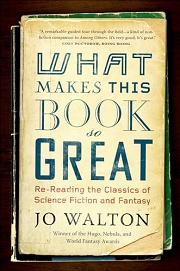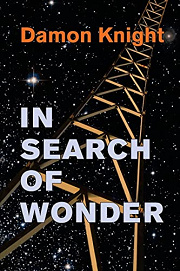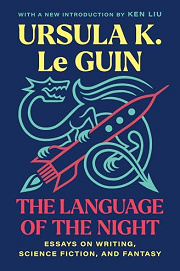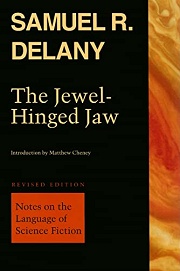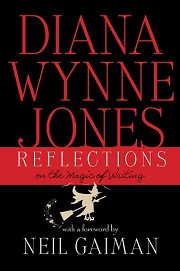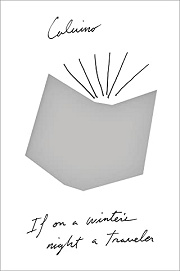Share your thoughts in a quick Shelf Talk!
What Makes This Book So Great by Jo Walton
Part reading diary, part love letter to the genre, What Makes This Book So Great gathers witty, insightful reflections on classics and cult favorites alike. Jo Walton’s enthusiasm is infectious, guiding you to forgotten gems, bold experiments, and comfort reads that remind you why you fell for science fiction and fantasy in the first place.
Have you read this book? Share what you liked (or didn’t), and we’ll use your answers to recommend your next favorite read!
Love What Makes This Book So Great but not sure what to read next?
These picks are popular with readers who enjoyed this book. Complete a quick Shelf Talk to get recommendations made just for you! Warning: possible spoilers for What Makes This Book So Great below.
In What Makes This Book So Great, did you enjoy ...
... bite-size, conversational essays that hop across SF/F classics with affectionate, opinionated clarity?
In Search of Wonder by Damon Knight
If you loved how Walton’s short Tor.com posts bounce from Miles Vorkosigan’s misadventures to Bren Cameron’s diplomatic tightropes, you’ll relish Knight’s sharp, compact pieces that celebrate and interrogate the canon. His classic dismantling of A. E. van Vogt’s The World of Null-A and his praise for Sturgeon and Le Guin have the same smart, wry energy as Walton’s quick, reread-friendly essays.
... thoughtful unpacking of how and why wonder works in speculative fiction?
The Language of the Night by Ursula K. Le Guin
Walton’s delight in the awe of Vernor Vinge’s galaxy-brained revelations and the humane breadth she finds in Pratchett’s Discworld mirrors Le Guin’s lucid meditations on what fantasy and SF are for. In these essays, Le Guin dissects enchantment, myth, and truth with the same generous curiosity Walton brings to her pieces on Bujold and Cherryh—only from the writer’s side of the desk.
... rigorous, idea-dense criticism that explains how SF’s sentences and structures create meaning?
The Jewel-Hinged Jaw by Samuel R. Delany
If you savored Walton’s close readings—like her attention to Gene Wolfe’s narrative games or the structural audacity she points out in big-idea space opera—Delany will scratch the same itch at a deeper level. His analyses of stories like “The Star Pit” and the mechanics of estrangement unpack the very tools behind the effects Walton celebrates, giving you the intellectual x-ray beneath those joyous rereads.
... witty, behind-the-scenes reflections on genre, craft, and beloved fantastical stories?
Reflections on the Magic of Writing by Diana Wynne Jones
Walton’s warm, funny asides—say, when she riffs on the comforts of returning to Pratchett or the sheer pleasure of Brust’s swagger—find a perfect echo in Jones’s chatty essays and talks. She tells inside stories about creating Howl and the Chrestomanci books, pokes at tropes with a grin, and offers the same playful, generous humor that makes Walton’s pieces so re-readable.
... the meta-pleasure of being a reader—starting, stopping, and savoring books themselves?
If on a winter's night a traveler by Italo Calvino
Walton often writes about the act of rereading—about reading order, spoilers, and the way a second pass through Bujold or Cherryh changes the texture of the story. Calvino turns that very experience into a dazzling game, addressing you directly as you try to read a novel that keeps beginning. If you enjoyed Walton’s meta-conversations about reading, this playful ode to the reader is irresistible.
Unlock your personalized book recommendations! Just take a quick Shelf Talk for What Makes This Book So Great by Jo Walton. It’s only a few questions and takes less than a minute.
